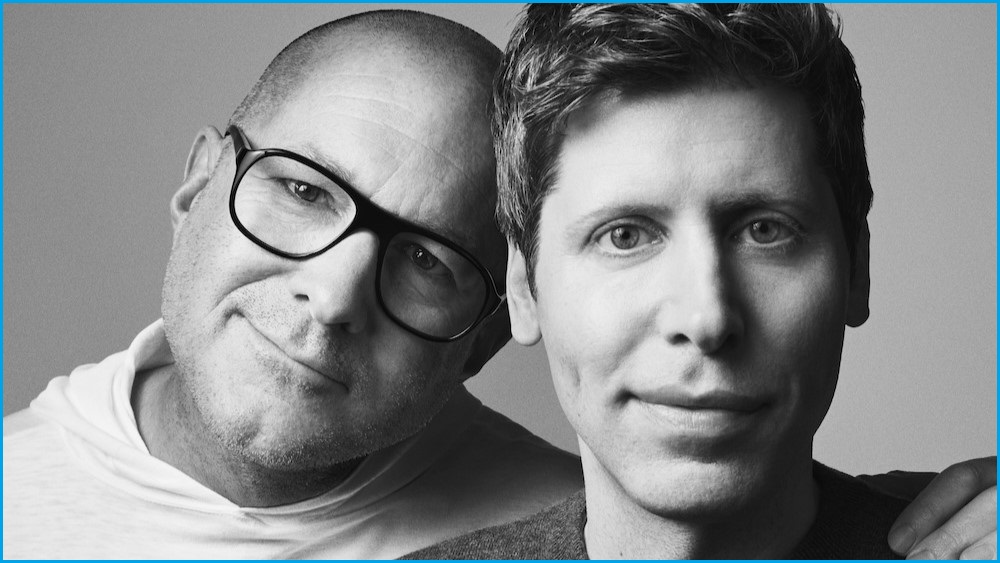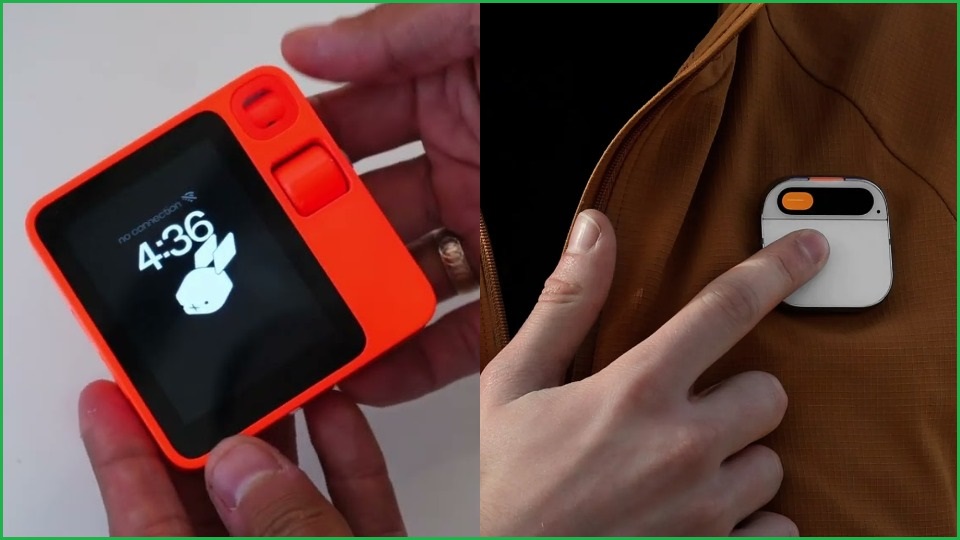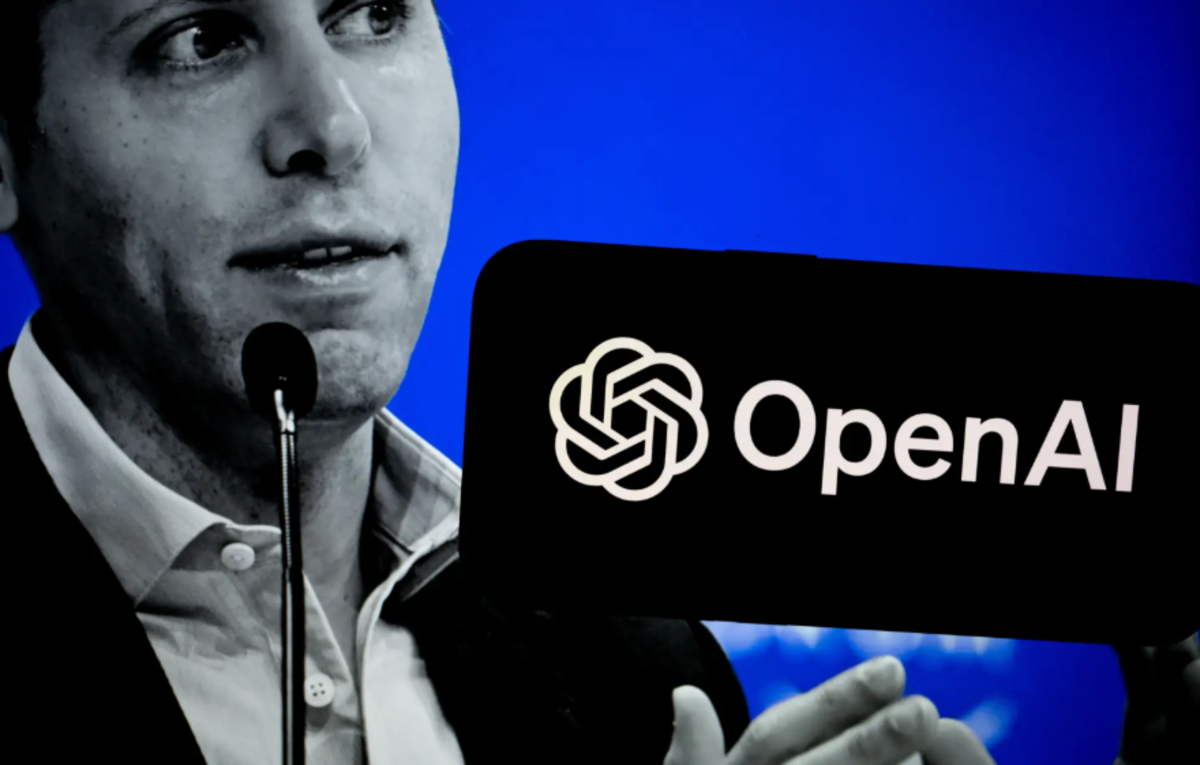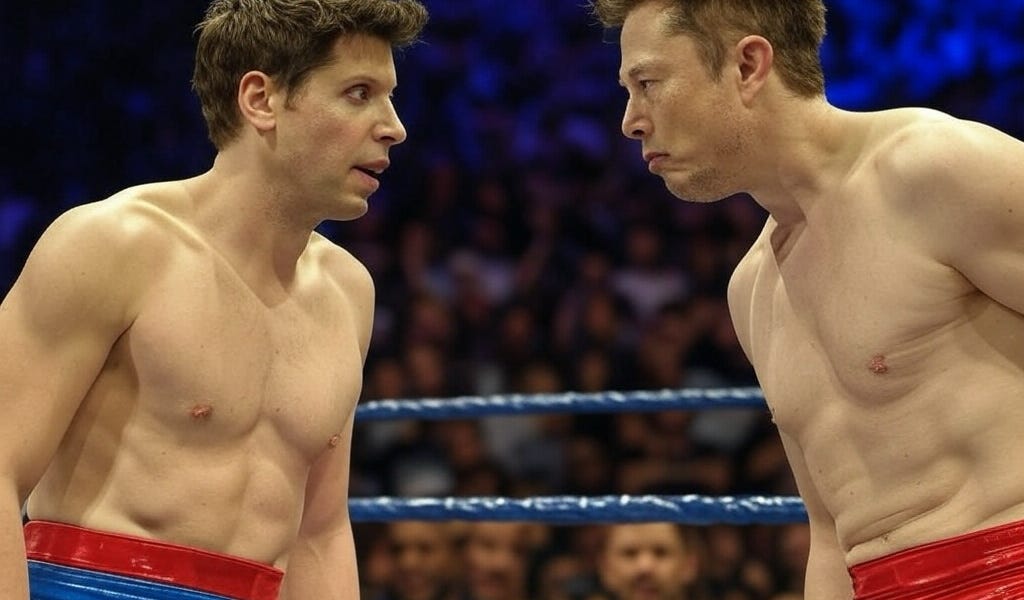OpenAI buys Apple icon Jony Ive's AI device startup | Information Age | ACS

Sam Altman (right) says Jony Ive (left) and his team will help 'completely reimagine what it means to use a computer'. Image: OpenAI / Supplied
ChatGPT creator OpenAI is buying artificial intelligence device startup io, which was co-founded by Apple’s former design chief Jony Ive, as it plans to bring new AI devices to market from 2026.
The all-stock deal, reportedly worth around $10 billion ($US6.5 billion), is expected to see 55 employees join OpenAI, while Ive and his design company LoveFrom will work for OpenAI and io but remain independent.
In an announcement on OpenAI’s website, Ive and Altman said they “could not possibly be more excited” about the deal, which also involved io’s co-founders and fellow Apple alumni Scott Cannon, Evans Hankey, and Tang Tan.
Cannon co-created the email app Mailbox after leaving Apple, while Hankey was Ive’s successor as the company’s industrial design lead, and Tan led iPhone and Apple Watch product design until 2024.
'A family of AI products’ to come
Ive, who helped design the iPhone and many other Apple products before leaving the company in 2019, confirmed last year that LoveFrom had been working on AI-focused devices with OpenAI.
While the exact form factor of the designs have remained secret, the group has reportedly been attempting to create gadgets “less socially disruptive than the iPhone".
In a video announcing OpenAI’s acquisition of io, Ive said the first device the group worked on had “completely captured our imagination”.
Altman said he had “lived with” one of the devices, and described it as “the coolest piece of technology that the world will have ever seen”.
“I think we have the opportunity here to kind of completely reimagine what it means to use a computer,” he said.
In a written statement, Ive and Altman said the team’s initial work was “optimistic and hopeful” and “reminded us of a time when we celebrated human achievement, grateful for new tools that helped us learn, explore and create”.
“It became clear that our ambitions to develop, engineer and manufacture a new family of products demanded an entirely new company,” they said, referring to Ive’s creation of io one year ago.
“The io team, focused on developing products that inspire, empower and enable, will now merge with OpenAI to work more intimately with the research, engineering and product teams in San Francisco,” they said.
Can OpenAI succeed where other AI devices failed?
OpenAI’s AI hardware ventures may be far more likely to succeed than those of startups which have tried to harness the power of generative AI in consumer electronics, largely due to the company's financial backing and ChatGPT’s popularity.
Since the release of the revolutionary AI chatbot in late 2022, OpenAI has grown to be worth around $466 billion ($US300 billion), and has a lucrative partnership with Microsoft.

Rabbit's r1 AI personal assistant (left) and Humane's AI pin (right) failed to gain widespread appeal. Photos: Supplied
AI-focused devices have so far struggled to capture the consumer market, despite some of them picking up a considerable amount of pre-launch hype.
Humane, a company also founded by former Apple employees, shipped its AI pin in April 2024, but received mostly negative reviews and the product was discontinued when the company was acquired by HP in February 2025.
A startup called Rabbit launched its AI assistant device r1 launched in March 2024 and also had some negative reviews, but has also received some design awards and the device has remained for sale.
Friend, an AI-based pendant designed to act like a companion, was originally expected to ship in January 2025 but is now not expected to do so until the end of July.










